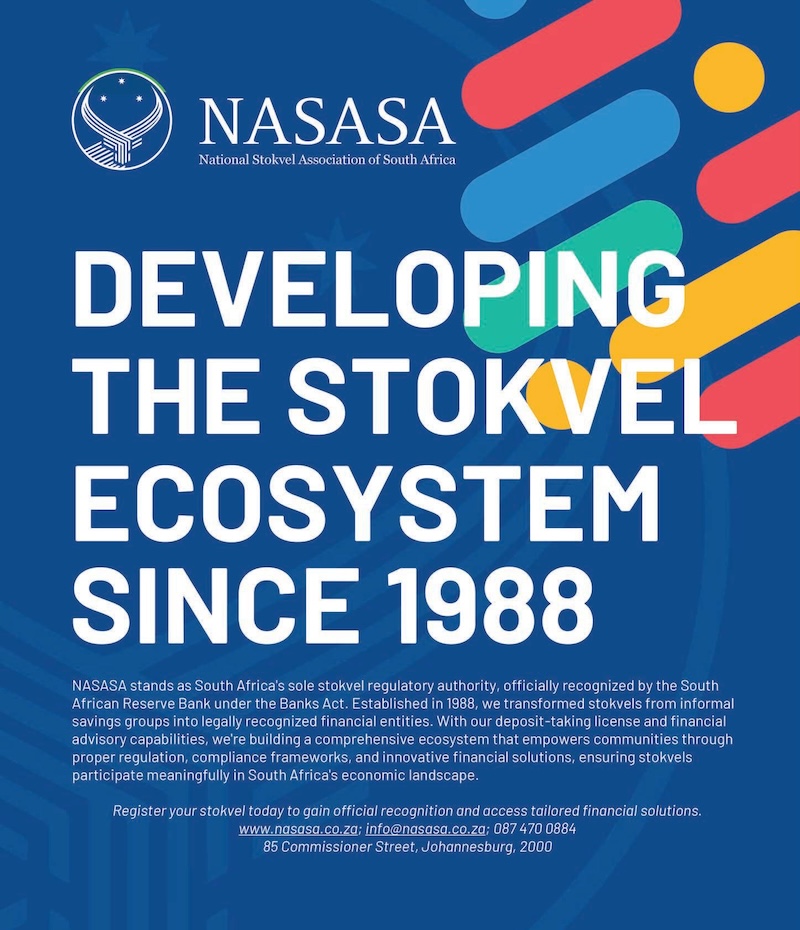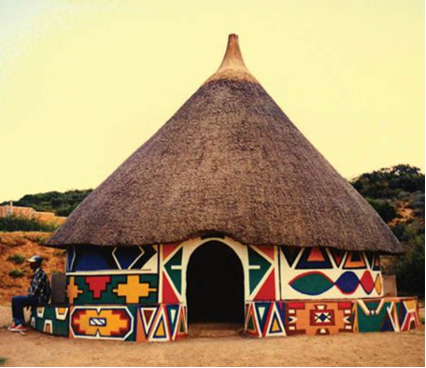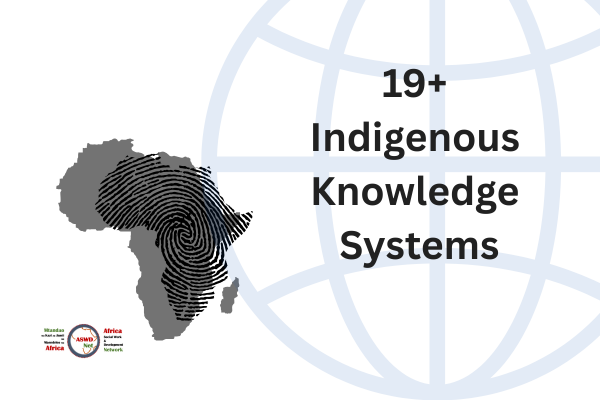Total Agreement Technique in African Research Ethics: A Culturally Sensitive Approach to Informed Consent
Kudzai Mwapaura
Blogger
Informed consent is a cornerstone of research ethics, ensuring that participants understand and voluntarily agree to take part in studies. However, traditional informed consent approaches may not be suitable for African cultures, where communal decision-making and respect for authority are deeply rooted. Total Agreement Technique (TAT) offers a culturally sensitive solution, prioritizing consensus and community involvement. This article explores the application of TAT in African research ethics, promoting a more inclusive and participatory approach to informed consent.
Cultural Considerations in African Research Ethics
African cultures emphasize communalism, respect for elders, and group decision-making. Traditional informed consent approaches, focusing on individual autonomy, may not align with these values. TAT addresses this gap by:
- Involving community leaders and elders_ in the consent process, ensuring respect for authority and community input.
- Encouraging group discussion and consensus_, reflecting communal decision-making practices.
- Prioritizing community understanding and agreement_, rather than solely individual consent.
Total Agreement Technique in African Research Ethics: A Step-by-Step Approach
- Community Engagement_: Researchers engage with community leaders and members to explain the study and its goals.
- Group Discussion_: Participants gather to discuss the study, raise questions, and address concerns.
- Consensus Building_: The group works towards a collective agreement on participation.
- Individual Confirmation_: Each participant confirms their agreement, ensuring understanding and voluntary participation.
- Ongoing Communication_: Researchers maintain open communication throughout the study, addressing any concerns or issues that arise.
Benefits of Total Agreement Technique in African Research Ethics
1. Culturally sensitive approach – respecting African values and communal decision-making practices.
2. Increased community involvement and ownership – fostering trust and cooperation.
3. Improved understanding and informed consent – through group discussion and consensus building.
4. Enhanced ethical conduct – prioritizing community well-being and respect for participants.
Conclusion
Total Agreement Technique offers a culturally sensitive approach to informed consent in African research ethics, prioritizing community involvement, consensus, and respect for authority. By embracing TAT, researchers can ensure a more inclusive and participatory approach, aligning with African cultural values and promoting ethical research practices. Embrace TAT to strengthen community engagement, trust, and cooperation in African research settings.
Use the form below to subscibe to Owia Bulletin.
Discover more from Africa Social Work & Development Network | Mtandao waKazi zaJamii naMaendeleo waAfrika
Subscribe to get the latest posts sent to your email.



